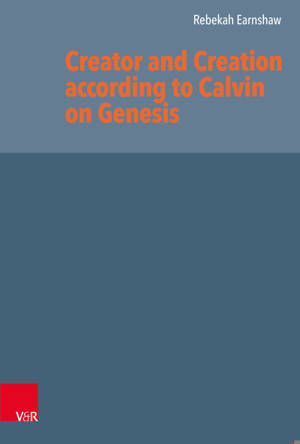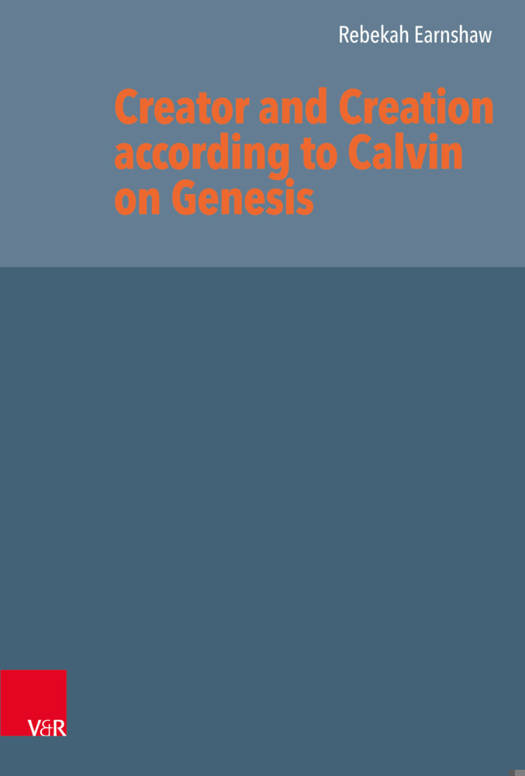
- Afhalen na 1 uur in een winkel met voorraad
- Gratis thuislevering in België vanaf € 30
- Ruim aanbod met 7 miljoen producten
- Afhalen na 1 uur in een winkel met voorraad
- Gratis thuislevering in België vanaf € 30
- Ruim aanbod met 7 miljoen producten
Zoeken
Omschrijving
There are four chapters of theological analysis: The Creator, The Agent and Act of Creation, Creatures, and Providence. Calvin on Genesis gives unique insights into each of these. First, the Creator has priority in Calvin's thought. The Creator is l'Eternal, who is infinitely distinct and abundantly for creatures in his virtues. Second, the agent of creation is triune and the act of creation is from nothing as well as in and with time. This is a purposeful beginning. Third, Calvin affirms creaturely goodness and order. The relation of humans and animals illustrates Calvin's holistic view of creation as well as the impact of corruption and disorder. Providential sustenance and concursus are closely tied to the nature of creatures and the initial word. Fourth, fatherly governance for the church is presented separately and demonstrated by Calvin's treatment of Abraham and Joseph. Calvin is a biblical theologian, pursuing what is useful from scripture for the sake of piety in the church.
Specificaties
Betrokkenen
- Auteur(s):
- Uitgeverij:
Inhoud
- Aantal bladzijden:
- 229
- Taal:
- Engels
- Reeks:
- Reeksnummer:
- nr. 64
Eigenschappen
- Productcode (EAN):
- 9783525540831
- Verschijningsdatum:
- 13/07/2020
- Uitvoering:
- Hardcover
- Formaat:
- Genaaid
- Afmetingen:
- 155 mm x 231 mm
- Gewicht:
- 493 g

Alleen bij Standaard Boekhandel
+ 167 punten op je klantenkaart van Standaard Boekhandel
Beoordelingen
We publiceren alleen reviews die voldoen aan de voorwaarden voor reviews. Bekijk onze voorwaarden voor reviews.











